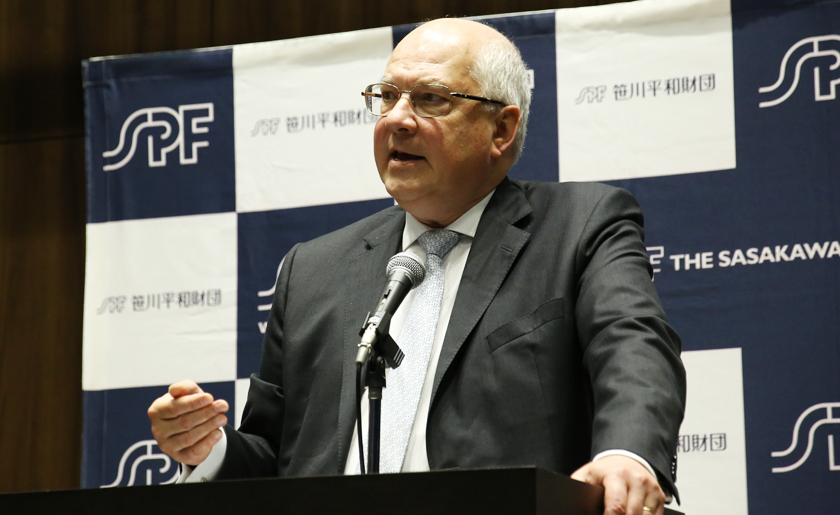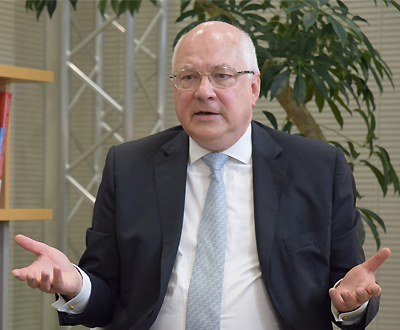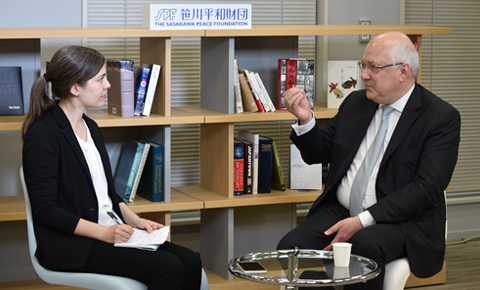To set the stage for our discussion, what are the key points we need to understand about France’s history and the relationship between religion and the government?
Ambassador Peaucelle: France has developed its own model of relations between the state and religion, which is called
laïcité. I prefer to keep the French word because
laïcité isn’t exactly secularism, which is the English translation. In France, we have a distinction between secularization, which is a sociological concept that applies to a society, and
laïcité, which is a legal concept that applies to the state.
To understand
laïcité, let’s go back to history. France is an old catholic country. The church was very powerful and it was linked to the monarchy. At the same time, France is the country of the Enlightenment philosophy – Voltaire, Jean-Jacques Rousseau – and it happened that because of a misunderstanding in the 19
th century, those two components of French culture were in strong opposition. The French Revolution was made against the king, and the king was linked to the church, so the revolution was also against the church. If the church was against revolution and the revolution was for democracy, then it followed that the church was against democracy.
In 1905, the parliament passed the famous Law on the Separation of Church and State. In a way, this law is like a peace treaty resolving France’s ideological civil war and bringing peace between the two camps. This law has three main principles. The first concept is freedom, or
liberté, which is not only recognized by the government but is also guaranteed by the government. This means that you are free to believe or not to believe, and those who do believe are free to practice their religion.
The second concept is
égalité, or equality, because all citizens are equal in front of the law. There is no distinction between believers and nonbelievers or between Christians, Jews, Protestants, Orthodox, Catholics, Buddhists, Muslims, and nonbelievers. To ensure this equality, we have to maintain the strict religious neutrality of the state, and in order to be neutral, the state has to be separated from religion. This is the philosophical root of the principle of separation.
The third part is
fraternité, fraternity or brotherhood, which means that if all citizens are free and equal regardless of their religious beliefs or non-beliefs, then they can work together to live in the common political society, which is the nation. This is the principle of
laïcité. Laïcité is not against religion and it’s not for religion. It’s for freedom.
Could you describe your responsibilities as the Advisor for Religious Affairs?


